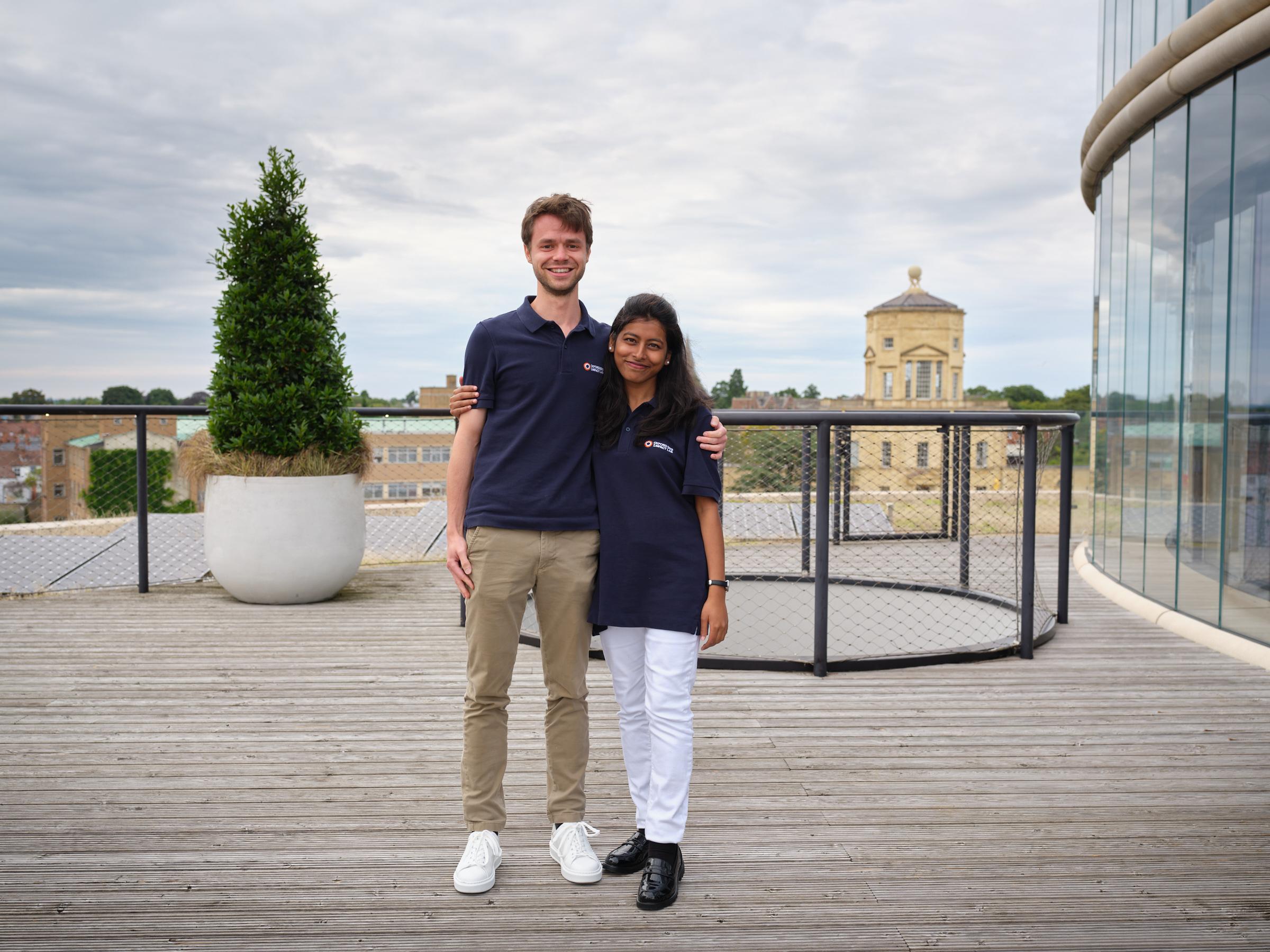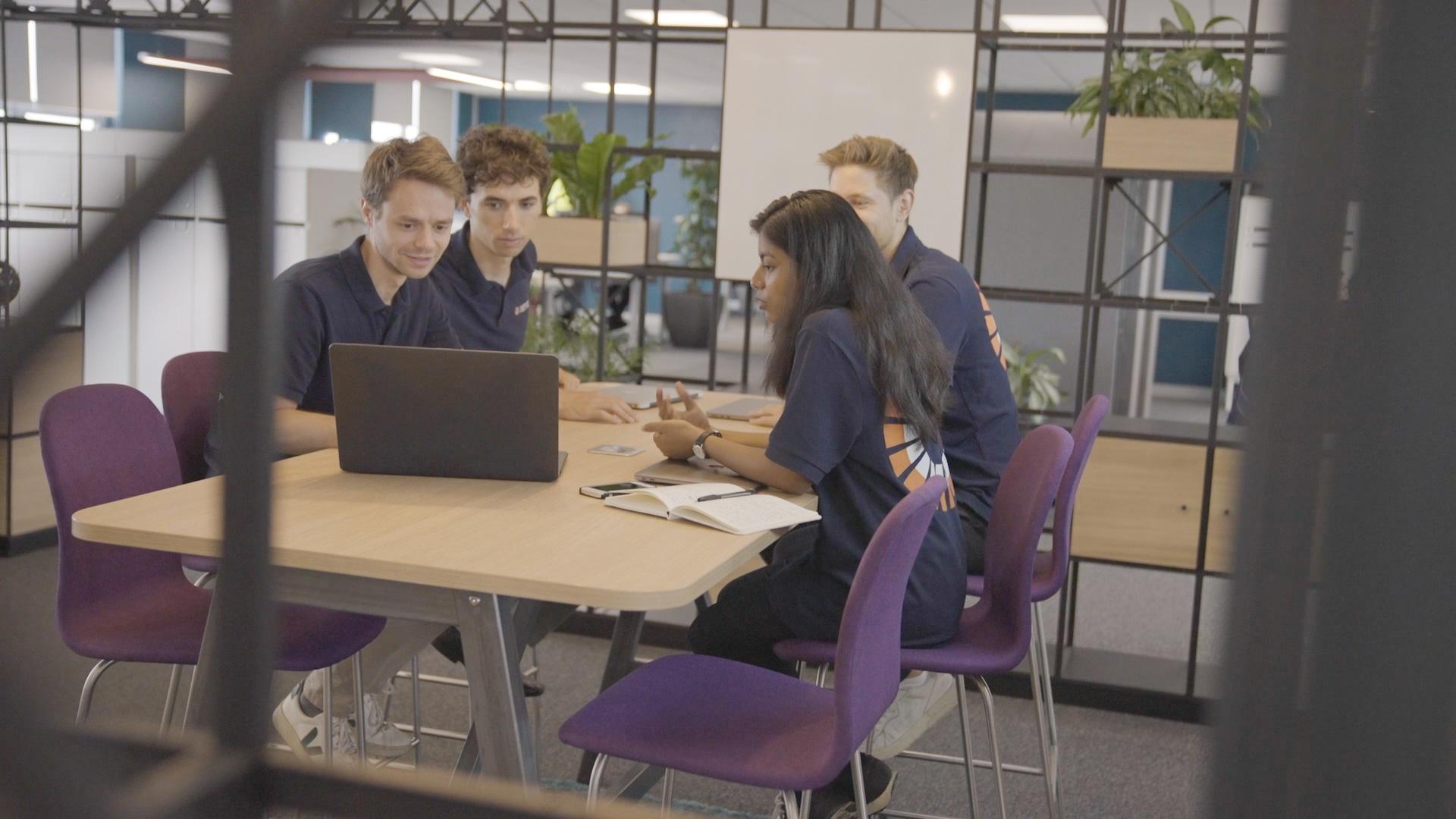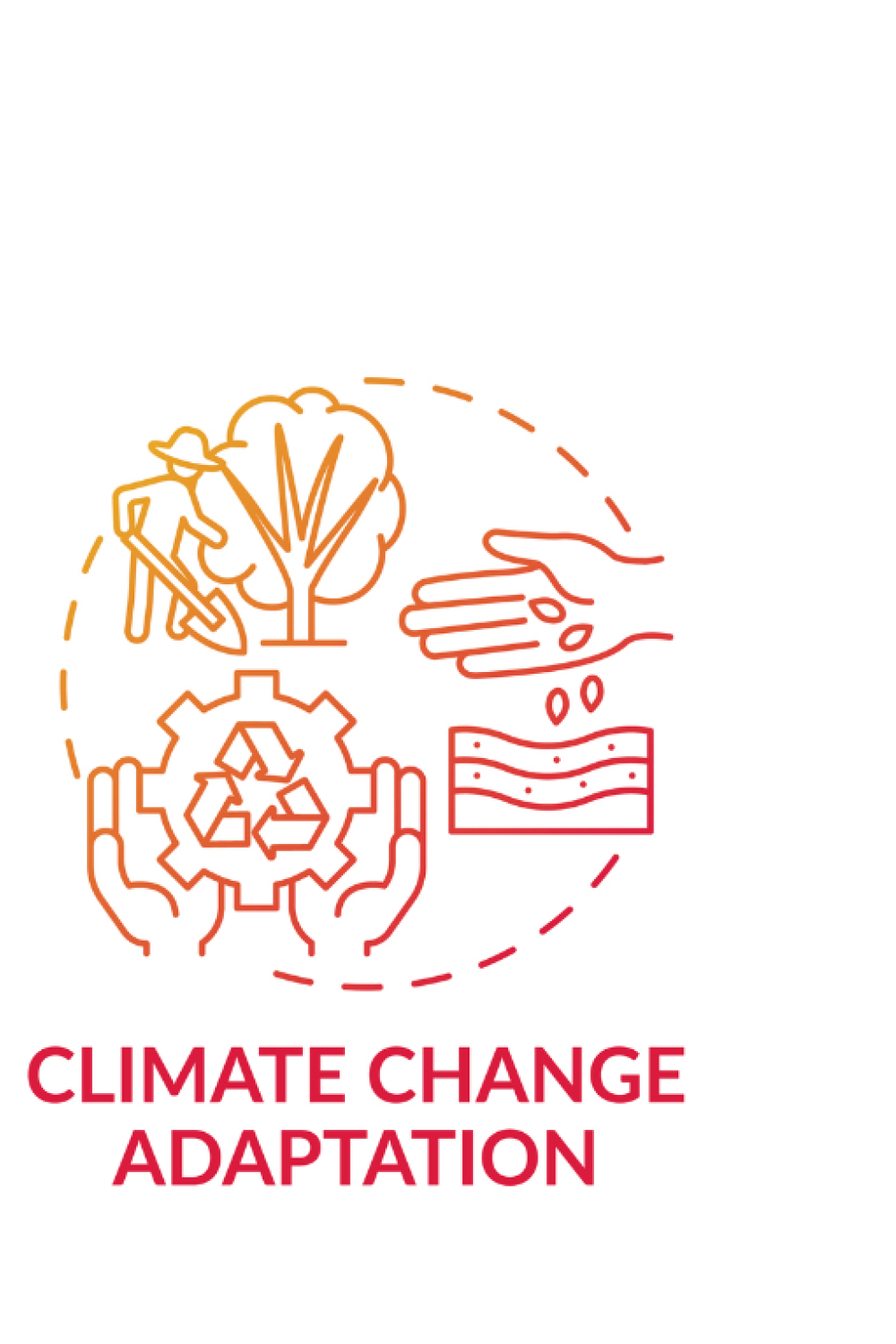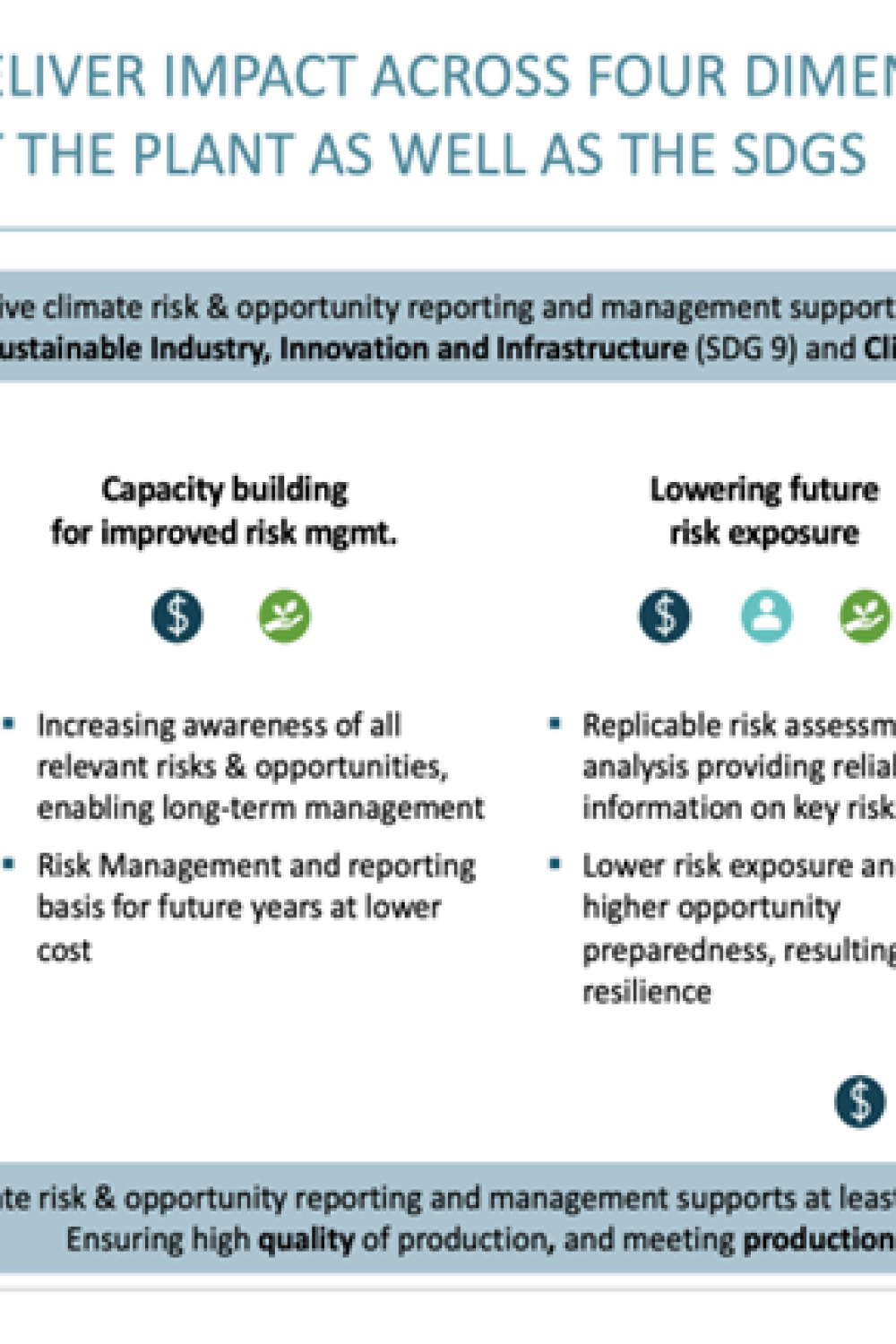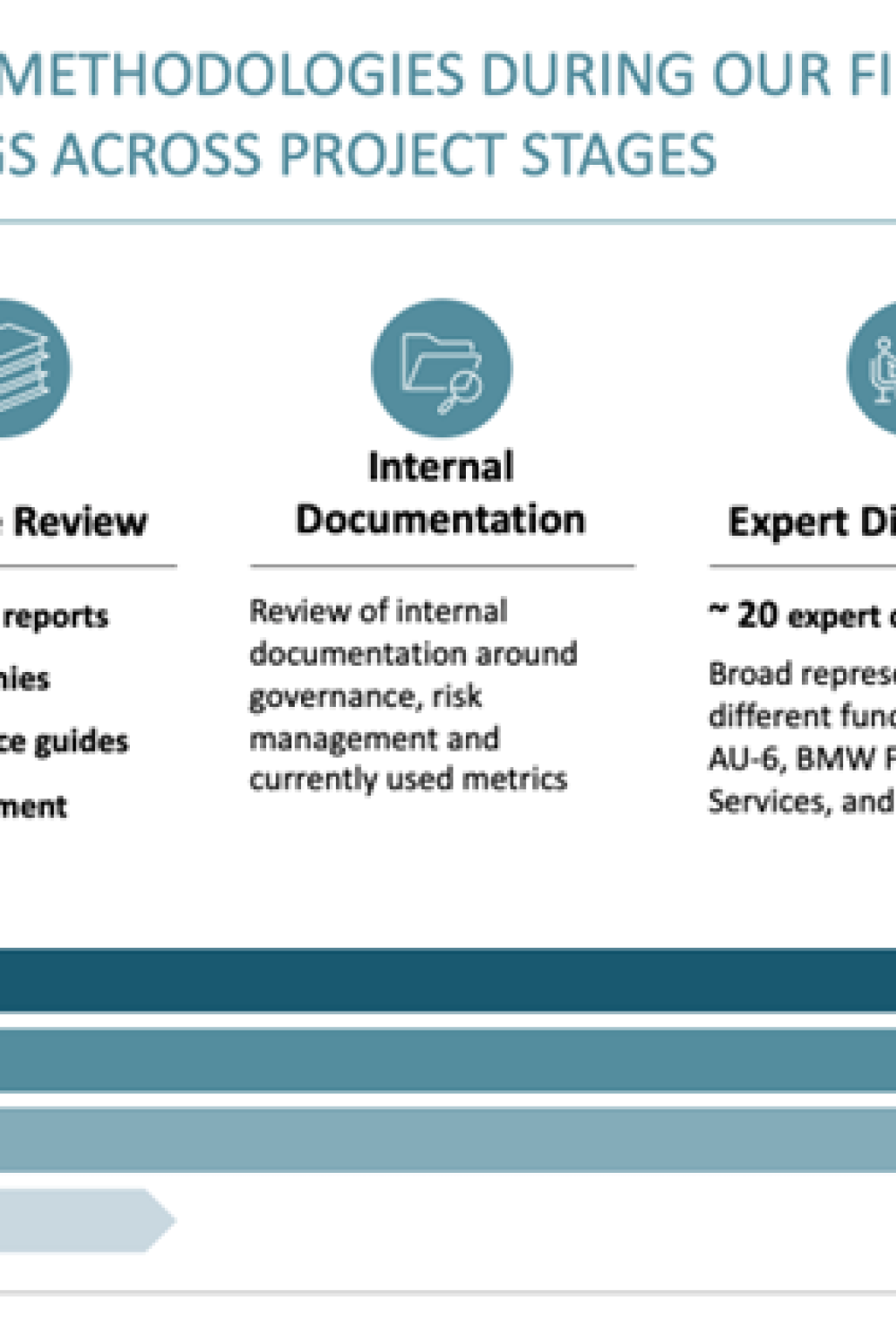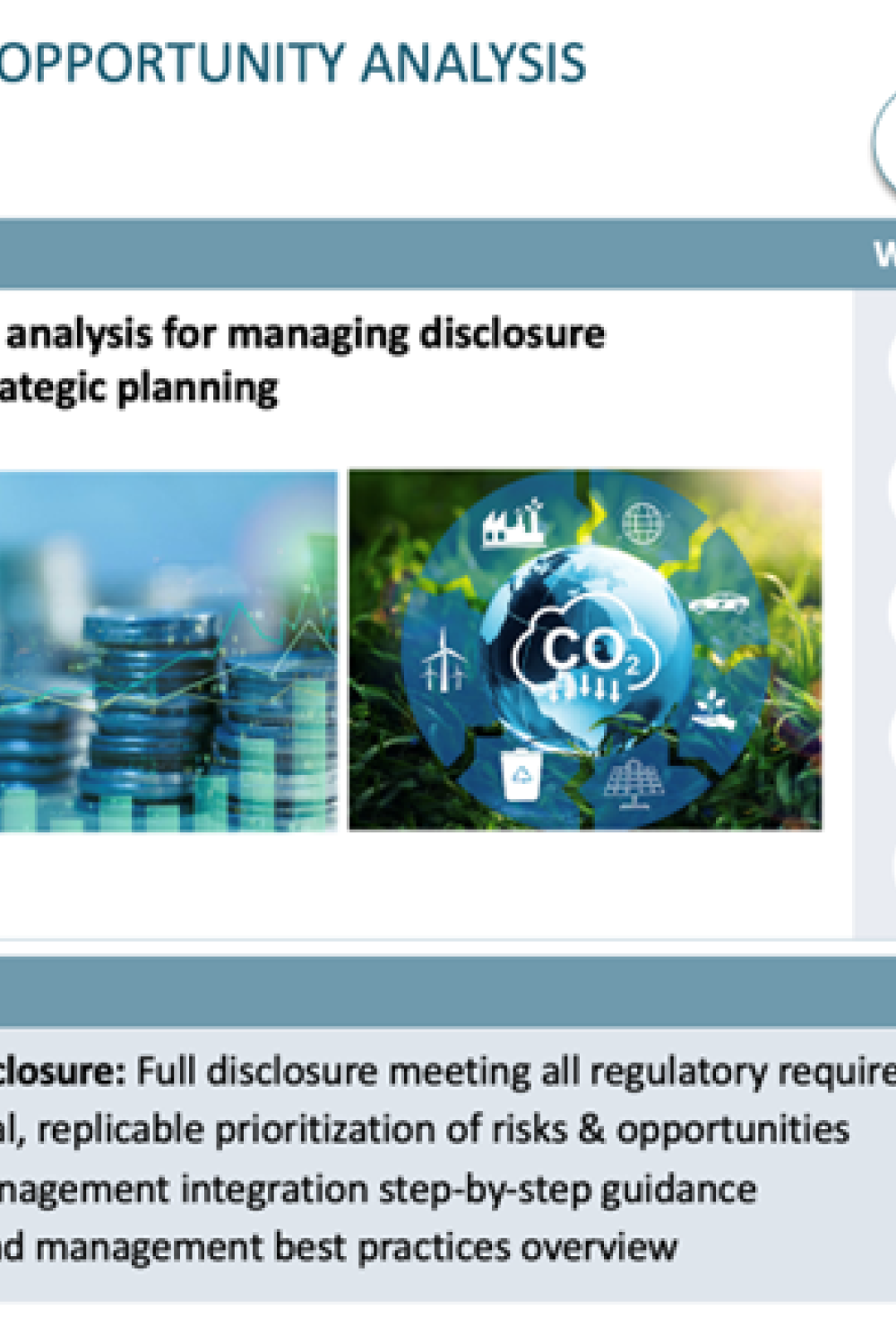Partner: BMW Group MINI Plant Oxford
Programme: Business Impact Lab, 2022-2023
Fellows: Aurona Sarker and Tilmann Herchenroder

How did the Fellows identify and approach the research problem?
Aurona Sarker, and Tilmann Herchenroder, both students on the MSc Sustainability and Environment at the University of Oxford, identified that the effects of climate change pose major physical and financial risks to businesses. The physical risks include the risk of damage to business assets or operations due to climate-related events, however a financial risk also emerges when/if a business undergoes a transition to a lower-carbon economy.
In order to further explore this problem and its potential impact at the BMW MINI Plant, the Fellows employed a range of methodologies in their 4-week onsite Field Lab, including data analysis of Oxford Daily weather data, expert discussions with BMW staff and senior leadership team, and a broad review of internal documentation surround governance and risk management.
What findings did the Field Lab research yield?
The Fellows proposed that efforts to adapt to climate change ( rather than mitigating the effects) can foster opportunities for organisations and businesses, and that the development of a local climate governance framework would help to identify such opportunities.
What was the impact of the research outputs at the BMW MINI Plant?
The Fellows developed an enhanced local climate risk and governance framework. This is a potential departure point for the Oxford Plant to begin to identify climate opportunities and to highlight ‘best practice’, which would not only meet UK reporting requirements, but also mitigate financial risks due to climate change.
More widely, a better business approach to climate adaptation ( rather than mitigation) helps to protect people and assets through building organisational resilience. A ‘Best Practice Handbook’ for the Plant is a future asset and valuable tool for consultation and guidance on climate risk and adaptation, both now and in the future.
